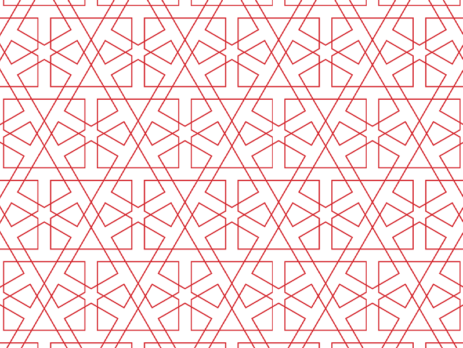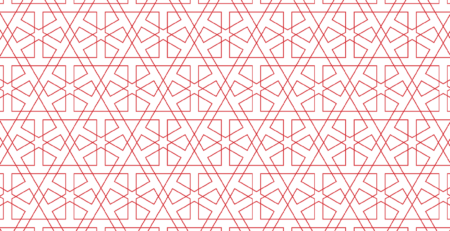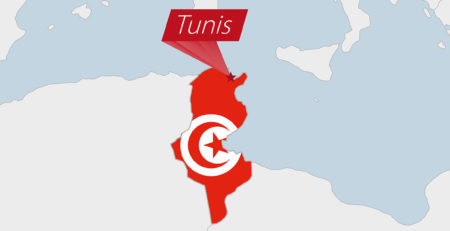Experts’ Workshop on the Interaction of Religion and Politics in the Public Sphere
Author: Salaheddine Jourchi
28 February – 1 March 2016
Background
The relationship between religion and politics is one of the thorny, controversial issues of the Muslim World. Some people believe that this relationship is an ‘organic’ one; that it is not possible to separate the two factors of the equation (religion and politics). They argue that Islam is “a religion and a state”, that “it is a comprehensive system, guiding a way of life” and that “it has no distinction between the ‘religious’ and the ‘secular’ in it”. Others, however, argue the contrary. Criticizing the authoritarian extra-comprehensive reading of Islam, they believe that to say that “there is no separation between the ‘religious’ and the ‘secular’ in Islam” is a mistake and an aberration in the understanding of religion and its role in life and in the community.
Therefore, an initiative, by the Cordoba Foundation of Geneva, held an experts’ workshop on the interaction of religion and politics in public affairs. The workshop was held in Istanbul between February 28 and March 4, 2016, to make a “contribution towards easing and alleviating the Islamic – secular tensions in North Africa, as well as to promote peaceful coexistence among actors and politicians who hold different world-views”. The workshop began by reviewing the status quo before investigating the significant political upheaval that the Arab region has witnessed in the past five and a half years. This included the movement that led to a series of revolutions, as well as a state of unrest, instability, wars, armed conflicts and numerous external interventions by regional and international actors; both interventions that accompanied these revolutions and that continue to do so.
The overall impact of these developments has led to a “re-drawing of the map of political participation in the public sphere and in the intellectual field”. In addition, among the most important features of this change was “the entry of new actors with a religious affiliation into the field of political action”. Nevertheless, these actors are not marginal constituents of the society. Various events, both in the cases of peaceful transition or in situations of armed conflict, have revealed that those newcomers to political participation enjoy considerable social weight and importance. Still, this new situation did not put an end to the debate that continues, in West Asia and beyond, about the legality of those actors’ presence or their right to engage politically.
“The failure of political leadership in both religious and secular camps has ultimately resulted in civil war in Libya and Yemen, a military coup in Egypt, and very tense transition in Tunisia, culminating in Ennahdha’s retreat from power in early 2015, within the framework of concessions agreed by all stakeholders in the National Dialogue.”
It is worth pointing out here that this experts’ workshop represents continuity with the two previous phases of the program entitled North Africa and West Asia in Transition (NAWAT); which was conducted by the Cordoba Foundation of Geneva between 2010 and 2015. The program was designed to contribute to the promotion of peaceful coexistence between groups that hold different visions and world-views; with the aim of strengthening networks and building the capacities of those actors towards rationalizing their differences and developing a common and collective understanding of these differences, as well as supporting local initiatives that call for change.
A workshop was held in Istanbul, in 2014, on “Constructive Political Participation outside Partisan Frameworks and Promoting Peaceful Coexistence”. It has seen a qualitative and important development among the participants, with regard to their aspirations, as the political parties and movements participating in the workshop have agreed to set up “an international political forum”, dedicated to actors with a religious reference in the North African and West Asia region, as well as the Sahel area and its environs.
The relationship between religion and politics is an old debate that is particularly rich and vivid in North Africa and in West Asia. Contrary to the expectations of some people, religion did not lose its legitimacy, and it did not withdraw entirely from the public domain, even though many political and intellectual attempts have worked on achieving that end. Although rates of religiosity may fall in certain historical periods, in this country or that, for many diverse reasons, soon the interest in religion comes back in strength. Thus, it again affects political behavior, both among those who are in power or those who are in the opposition.
Accordingly, the Cordoba Foundation of Geneva believes that the evident return of the clash between the Islamists and the secularists is necessarily “linked to growing religiosity in the Arab world, which is featured in the various opinion polls that aim to explore the topic of “religion and religiosity in the public space”. In this context, in accordance with the answers gathered in an opinion poll during the year 2015, most of the Arab public consider themselves as “religious to a certain extent” (up to 63 percent), while 24 percent describe themselves as “very religious” and only 9 percent describe themselves as “non-religious”.









